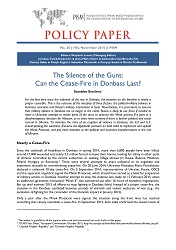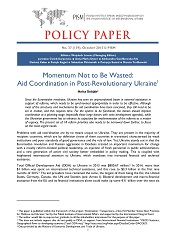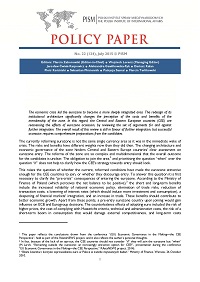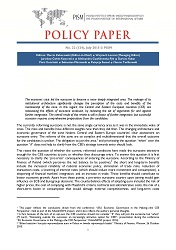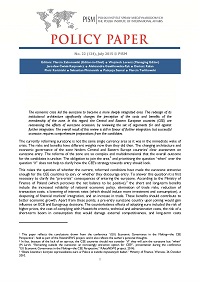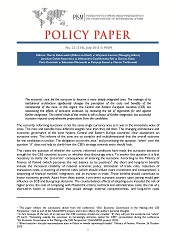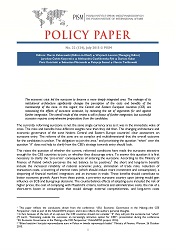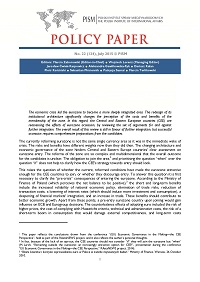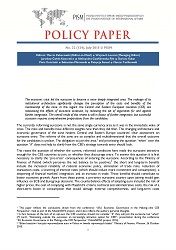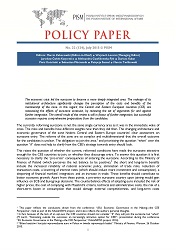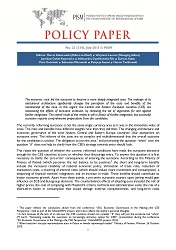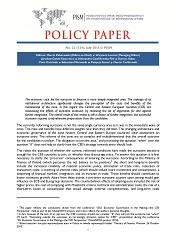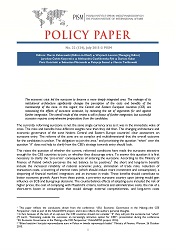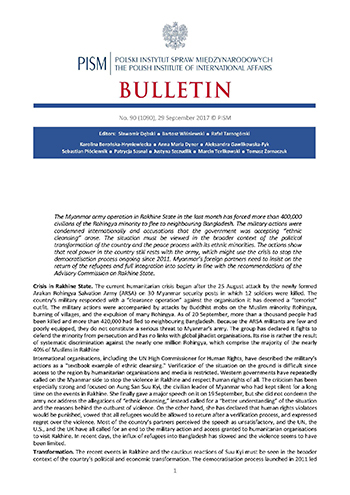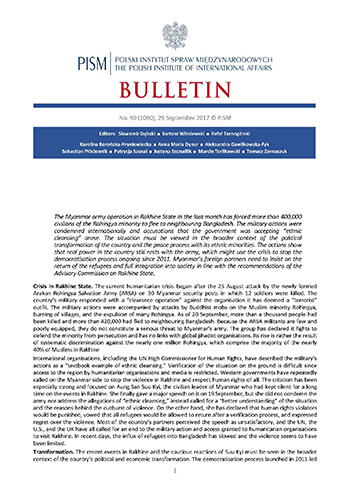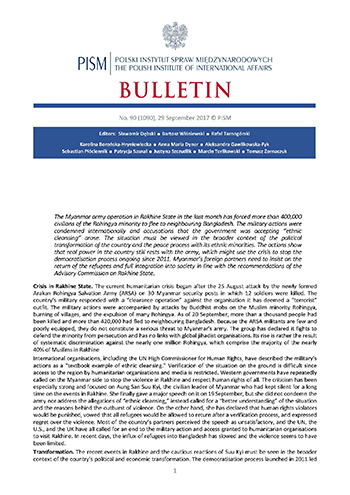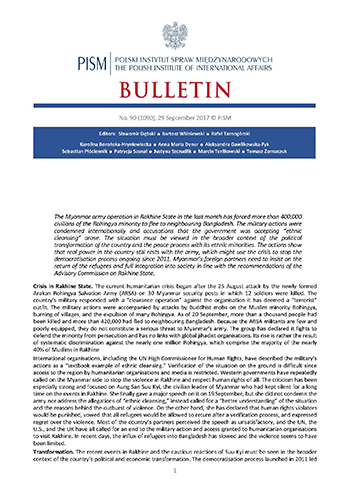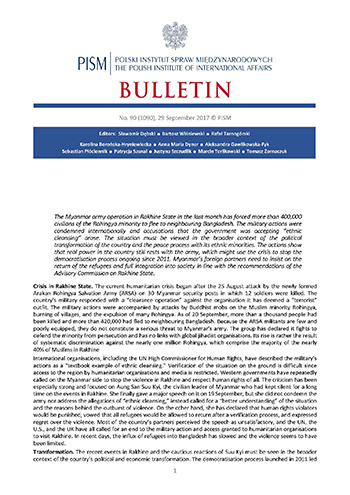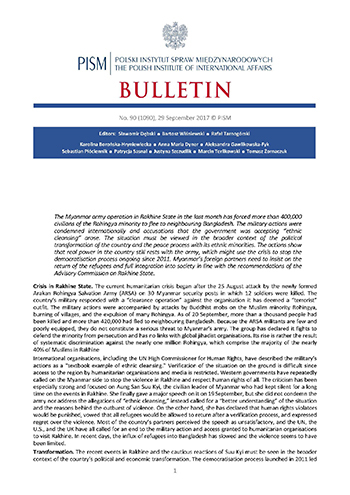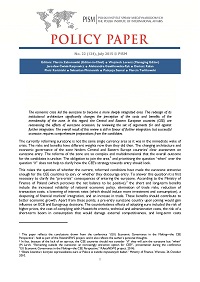
№141: Aid Coordination in Moldova: Politics Killing Policy
Leading up to the formation of Moldova’s third government since elections a year ago, Chisinau faces not only political and macro-financial instability, but also suffers from a severe trust deficit in relations with external partners, some of which have suspended aid flows this year. If Moldova was once the most advanced Eastern Partnership state in terms of aid coordination, government ownership of the process has significantly weakened as a result of the protracted political crisis. Although donors continue to cooperate among themselves via well-established channels, participation by state institutions is currently limited. Once the political setting is stabilised, the government will need to go to great lengths to regain the trust of its external partners and re-establish donor coordination. This is fundamental if Moldova is to make the best use of assistance in order to recover its finances quickly.
More...
